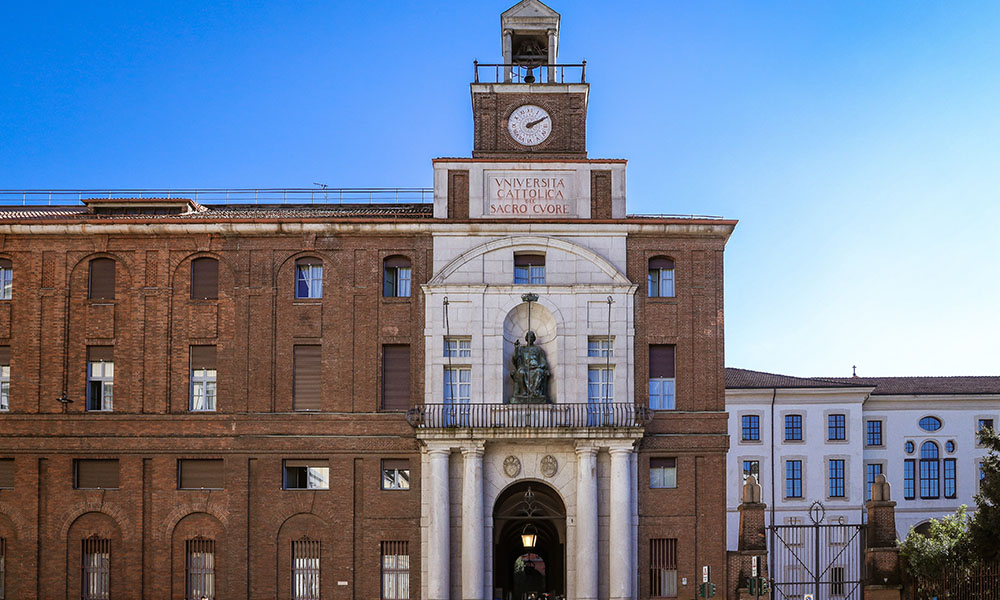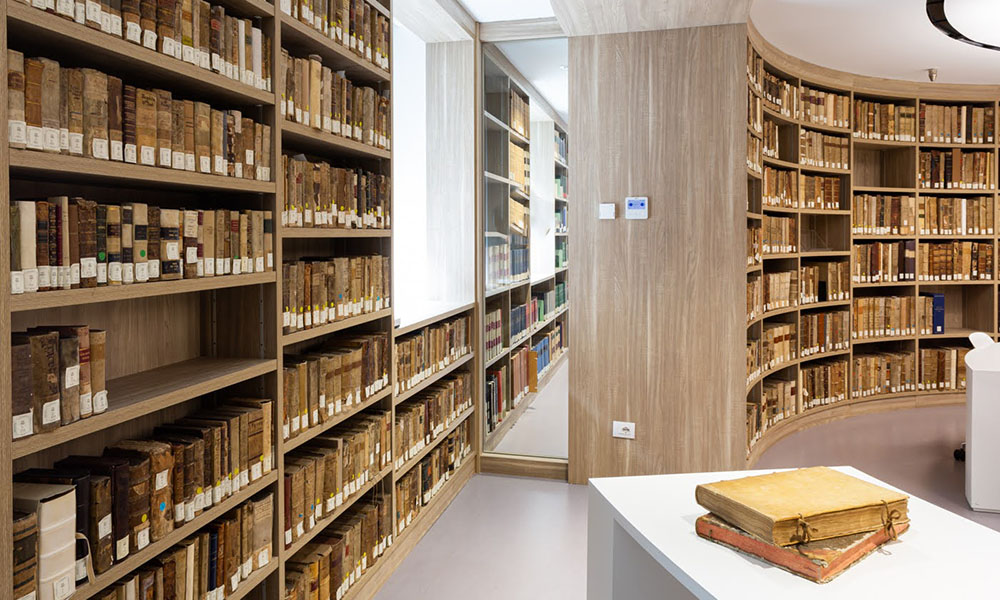The programme at a glance
Exploring Philosophical Thought and Its Evolution
The knowledge of the basics of philosophical knowledge develops in four interesting directions: historical-philosophical (history of ancient, medieval, modern and contemporary philosophy), ethical-anthropological, logical-epistemological and theoretical-metaphysical. Students can complete their education by choosing courses from other areas, including humanities, communication and linguistic-literary.
Teaching methodology
The predominantly theoretical nature of the courses is combined with the initiatives organized by the Faculty: seminars, meetings with philosophers and professors of international prestige, research and in-depth work.
And then? Traditional outlets and new opportunities
In addition to the path to obtaining the qualification for teaching and research activities, graduates in Philosophy can make a valuable contribution in various sectors: publishing and other areas of the cultural industry; communication and public relations services; human resources management and personnel management.
Presentation
The degree programme in Philosophy provides knowledge of the basics of philosophical knowledge, both with respect to the knowledge of the evolution of philosophical thought and in the field of ethical-anthropological, logical-epistemological and theoretical reflection, according to the metaphysical tradition of Università Cattolica. In particular, it offers:
- a solid theoretical, epistemological and ethical background;
- a broad basic preparation in the study of the history of philosophy through four years entirely dedicated to the study of the evolution of philosophical thought (ancient, medieval, modern and contemporary);
- in-depth expertise in the fundamental areas of philosophical reflection through the study and analysis of the classics.




